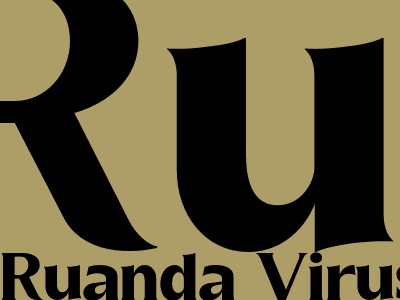
Ruanda Virus
Ruanda Virus: A Comprehensive Guide
What is the Ruanda Virus?
The Ruanda virus is a newly discovered, highly contagious virus that has caused a global health crisis. This little-known virus, which belongs to a family of viruses known as filoviruses, is closely related to the Ebola and Marburg viruses. It was first identified in the African country of Rwanda, hence its name.
Transmission
The Ruanda virus primarily spreads through contact with infected bodily fluids, such as blood, saliva, urine, and feces. It can also be transmitted through contact with contaminated surfaces or objects. The virus can survive on surfaces for several days, making it crucial to maintain proper hygiene and disinfect frequently touched areas.
Symptoms
The incubation period for the Ruanda virus ranges from 2 to 21 days. Symptoms typically begin with fever, headache, and fatigue. As the disease progresses, it can lead to severe complications such as internal bleeding, organ failure, and death.
Prevention
Currently, there is no specific vaccine or treatment for the Ruanda virus. Preventive measures focus on reducing the risk of exposure. These include: * Avoiding contact with infected individuals * Washing hands frequently with soap and water or using hand sanitizer * Disinfecting surfaces and objects * Wearing protective gear when caring for infected individuals * Avoiding travel to affected areas
Treatment
Treatment for the Ruanda virus is primarily supportive. It involves managing symptoms, providing fluids and electrolytes, and preventing secondary infections. In severe cases, intensive care support, such as mechanical ventilation and dialysis, may be necessary.
Global Response
The Ruanda virus has sparked a global health emergency. Governments and health organizations worldwide are collaborating to contain the outbreak, provide medical assistance, and develop vaccines and treatments. Border screenings, travel restrictions, and quarantine measures have been implemented to prevent the spread of the virus.
Conclusion
The Ruanda virus is a serious public health threat that requires urgent attention. By understanding the virus, its transmission, and preventive measures, individuals can take steps to protect themselves and contribute to global efforts to contain the outbreak. Continued research, international cooperation, and public health interventions are essential to mitigating the impact of this virus and safeguarding global health.
Comments